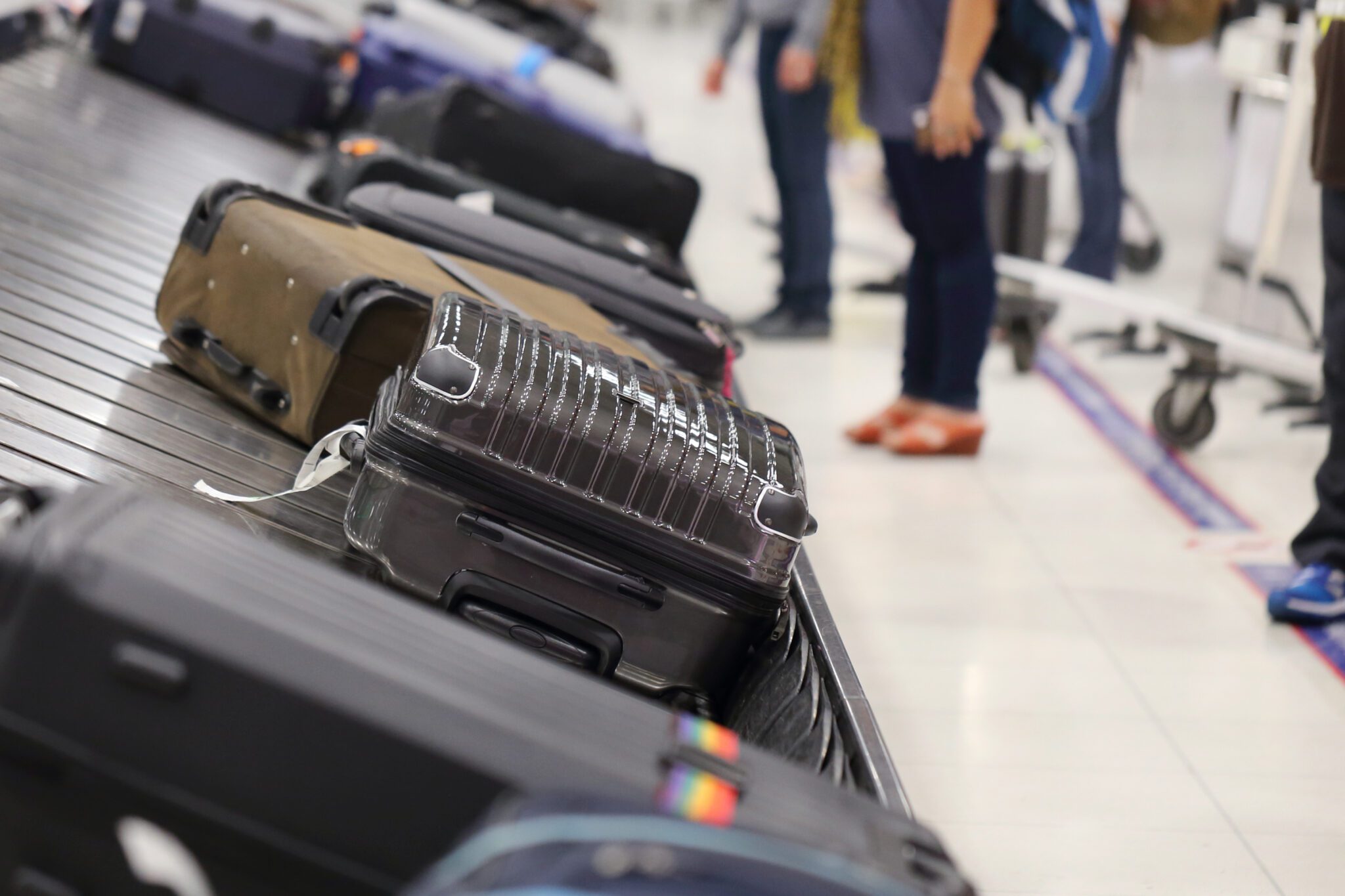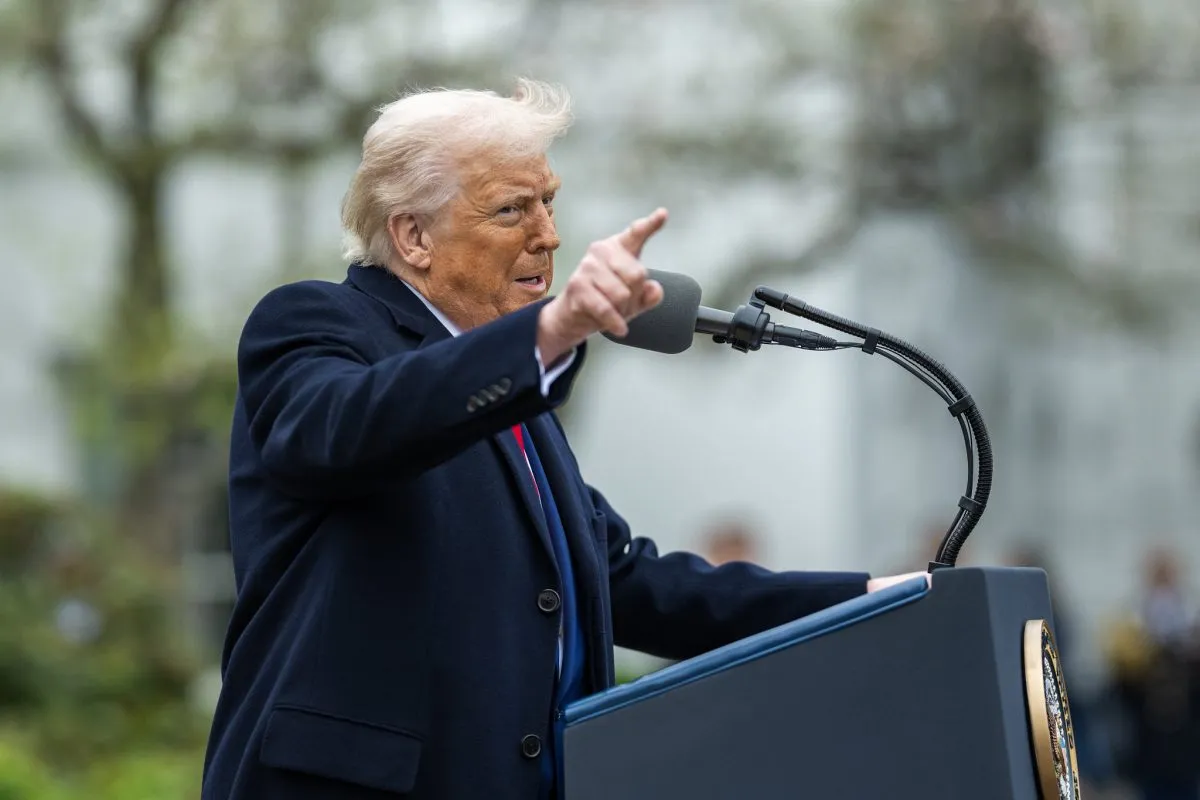How Bloomberg is encouraging U.S. cities to think smarter about improving quality of life
Skift Take
In a big-city mayor's bid to spur colleagues to think boldly around the country, 20 cities from Chicago to Springfield, Ore., are finalists in a $9 million urban-innovation contest created by New York Mayor Michael Bloomberg.
The cities, which came up with novel ideas for tackling issues as disparate as recycling and infant mortality, were to be announced Monday by Bloomberg Philanthropies, the billionaire mayor's personal foundation. The list is being unveiled as Bloomberg himself grapples with the unprecedented challenges that Superstorm Sandy created in New York City.
The finalists, picked from more than 300 applicants, will get to hone their proposals and compete for a $5 million grand prize and four $1 million awards.
St. Paul, Minn., wants to create the TurboTax of permit-application systems. Lafayette, La., is seeking to create games around civic behavior. Phoenix wants to create "smart-energy districts." Cincinnati wants to have community health workers visit every new mother in the city's poorest ZIP codes, in hopes of reducing infant mortality.
Houston officials had brainstormed for years about taking the task of sorting recyclables out of the hands of residents — or anyone. The city has been disappointed in recycling rates in some areas but wasn't keen on having sanitation workers do the separating instead.
The idea that made Houston a finalist: Let people throw everything — trash, recyclables, yard trimmings — into one bin and meld a range of technologies to sort it all out automatically. While the idea has been tried in pieces and on smaller scales, "this is an opportunity for us to test and see whether the technology is scalable for what we would need for a major city," Mayor Annise Parker said by phone.
Milwaukee turned Bloomberg's competition into a mini-contest of its own, asking residents and community groups to submit ideas. The city got about 120 proposals, picked 10 to be presented at City Hall, and was pleasantly surprised to see more than 100 people turn up to hear them, Mayor Tom Barrett said.
"It really created an energy here that, honestly, I haven't seen before," he said by phone. "A lot of times in local government, unless people are mad, they don't show up."
The process produced a plan to tackle two problems — home foreclosures and a lack of fresh produce in some neighborhoods — by fostering agriculture and homesteading on many of Milwaukee's 4,000 city-owned vacant lots and foreclosed homes. People who would work the vacant land or improve the empty homes would get the property for free.
In Lexington, Ky., the experience of getting 440 ideas from citizens turned into an idea in itself: an ongoing system that analyzes data on how the city is doing and invites volunteers to suggest solutions and even implement them.
"Giving the people more of a say is challenging for elected officials," Mayor Jim Gray said in a statement, but "the democratic fabric is stronger when democratic processes are encouraged."
While government associations often seek to highlight and share good ideas, Bloomberg's competition adds the prospect of seven-figure prizes to start putting the concepts into practice. Various other private foundations also work with local governments, often on specific topics. Bloomberg's grants are directed at improving municipal government itself, in whatever way the cities chose.
Called the Mayor's Challenge, the contest invited cities of 30,000 people or more to propose ideas that would address a major social or economic issue, make it easier for residents or businesses to deal with city government, increase efficiency, or enhance accountability and public participation — or all of the above.
The next step: an "Ideas Camp" next month for cities to get expert advice and feedback from other finalists. Revised proposals are due at the end of January, said James Anderson, who oversees Bloomberg Philanthropies' government innovation work.
"These 20 finalists represent the very best, showcasing the creativity and pragmatism that Americans expect from their local leaders," Anderson said in a statement.
The winners are to be announced in late winter or early spring.
Bloomberg Philanthropies gave away $330 million last year. It focuses on the arts, education, the environment, public health and government innovation.
Copyright (2012) Associated Press. All rights reserved. This material may not be published, broadcast, rewritten, or redistributed.
![]()




